Rhymes in Disguise
There’s More to Seuss than Green Eggs and Ham
“Horton Hears a Who?” Book Cover
March 6, 2017
Theodor Seuss Geisel, otherwise known as Dr. Seuss, is a trickster when it comes to words. Most people look at his books as just an easy and fun way for children to learn to read, but he portrayed a deeper meaning in between the lines of his rhymes.
For many years (he died in 1991 at age 87), Dr. Seuss has maintained a strong influence on how children learn to read using rhyme and other forms of figurative language. However, he also included profound thoughts that are probably unfathomable to the children who read them for entertainment and educational purposes.
For example, in his book “The Lorax” Seuss examines the harsh environmental issues that the world goes through, and how they will eventually advance to the point where most of nature is gone.
Geisel’s stories continue to educate young readers.
— Ailey Riddick '20
In his article “The Environmental Message Behind the Lorax,” (CBS New York 2012) Kyle Ayers writes that “The Lorax” represents environmental groups that “sound the warning,” but are ignored until it’s too late to fix the problem.
This story highlights issues we face in today’s world, such as global warming and the removal of wildlife. Seuss’s message seems to be that we need to change the way we treat the earth, so we can preserve the parts of the world that have not been destroyed by our machines and trash.
“Horton Hears a Who” is another work by Seuss that some think portrays an unexpected meaning. The well-known line “a person’s a person no matter how small” has become controversial. Pro-life groups think it is an obvious anti-abortion stance, but others aren’t quite so sure.
Marcus Baram, in his article “Horton’s Who – The Unborn” (ABC News, 2008), quotes Seuss biographer Phil Nel as saying he “is not aware of Geisel ever publicly expressing his opinion on abortion.” And, Karl Zobell, the longtime attorney for Dr. Seuss Enterprises was quoted in a story for NPR (“In ‘Horton’ Movie’ Abortion Foes Hear an Ally, 2008) as saying, “The Geisels never wanted Dr. Seuss characters used to advance any political purpose. So, perhaps this quote is more universal, and the message is that we should treat everyone equally no matter what they look like, or how they differ from you.
In “Oh the Places You’ll Go,” one of Geisel’s earlier works, he explains life having its ups and downs. When seen from a reading expert’s perspective, the story says to stop waiting, and to act. Personally, this story has inspired me to push my limits, and continue in the direction I want to go. I will have rough days, which can be hard to drive through, but when I do, I can better appreciate the great things that happen along the journey of life.
So, although they may not realize it, all of Geisel’s stories continue to educate young readers, as well as young adults, to better understand words and life itself by teaching them life lessons from perseverance to appreciation. Having this awareness of the deeper meanings behind Seuss’s stories will allow them to more closely understand all works of literature, and will help them advance to seeing a deeper meaning in all things throughout their lives.


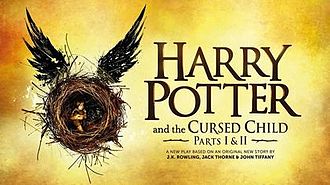
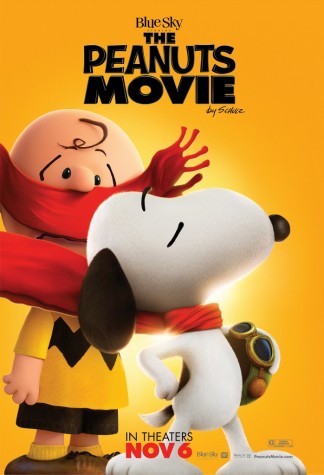
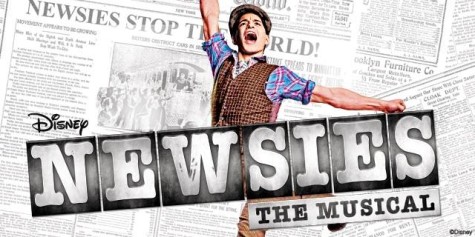
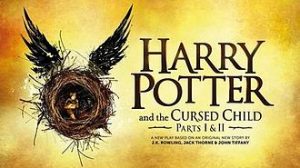
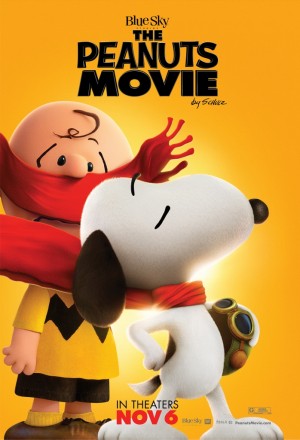
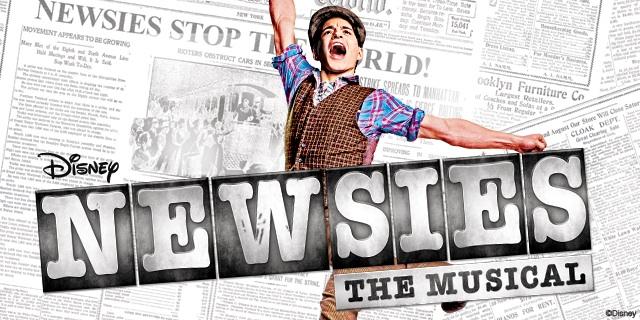

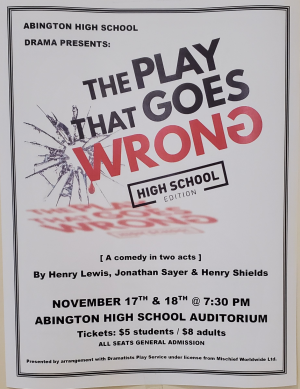

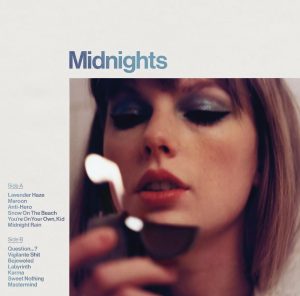
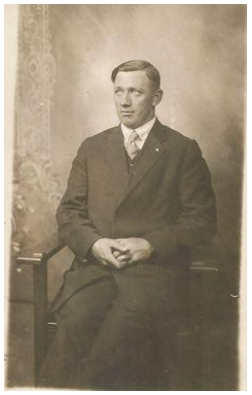

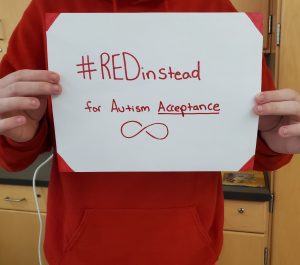




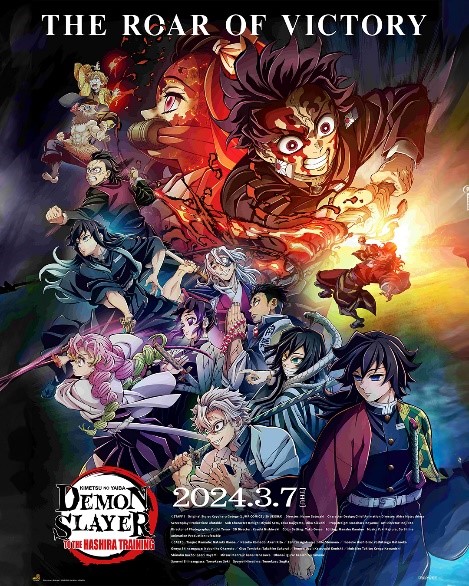
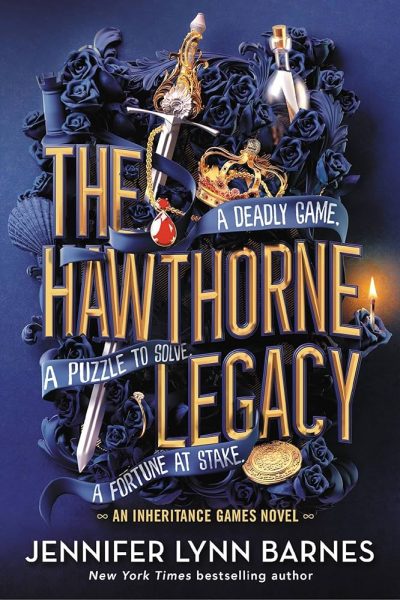
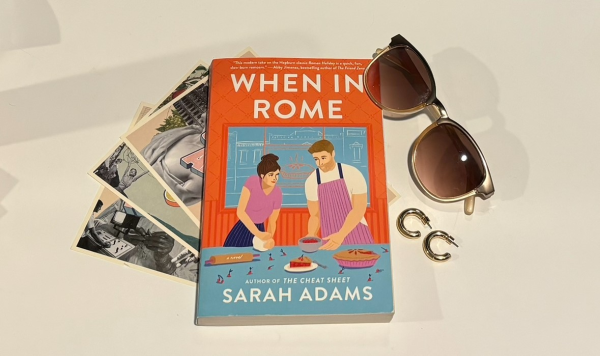
Marilyn Weber • Mar 5, 2018 at 4:10 PM
Ailey, I enjoyed reading your article on the benefits of reading Theodore Geisel’s books and the varied points of view that can be observed in his works.